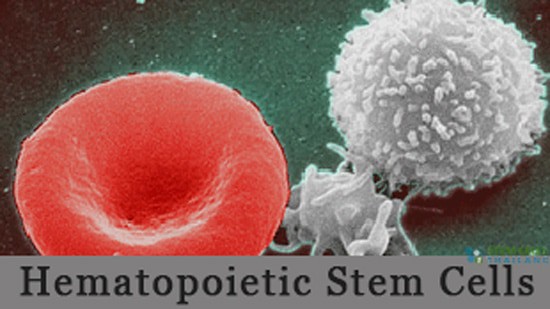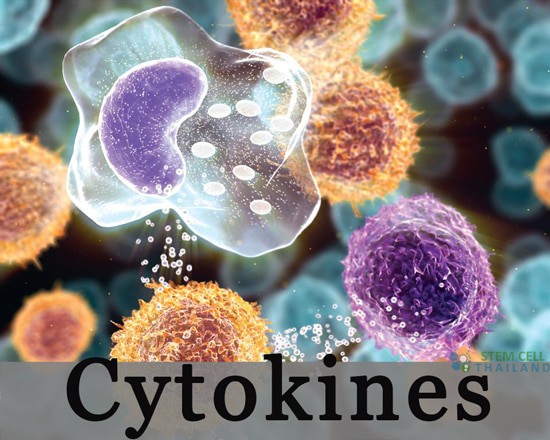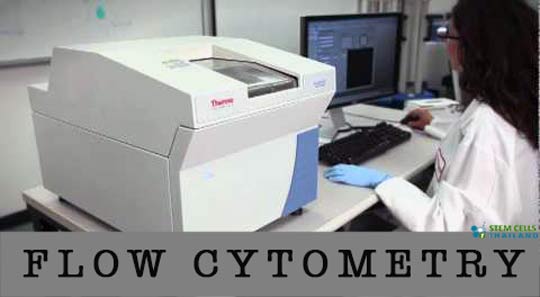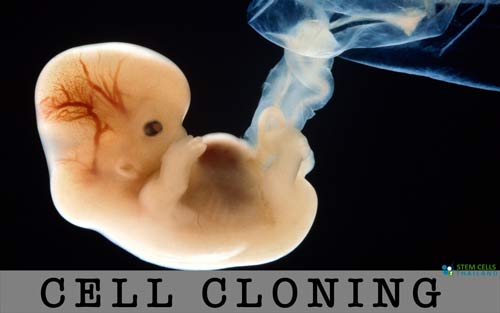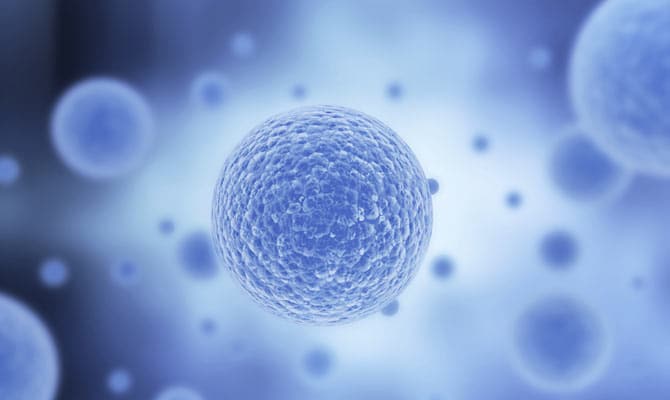Undifferentiated cells refers to a cell that has yet to develop into a particular cell variant. Undifferentiated stem cells are the very basic cells in biology that all other cells derive from. The very first few cells in an embryo are considered undifferentiated.[1] Stem cells are basically undifferentiated cells that have the unique ability to produce many different types of …
Hematopoiesis And Hematopoietic Cell Transplants
Hematopoietic stem cells are variants specifically found in bone marrow or blood in the umbilical cord, which is responsible for the formation of platelets, as well as RBCs (red blood cells) and WBCs (white blood cells). Hematopoietic stem cells (HSc) are also known as Blood cells. These powerful cells are in charge of continuous bodycare and immune protection of every cell …
Cytokine Function as Immunoregulation Agents
The medical term of “cytokine” is derived from a blending of two Greek words – “cyto” or cell and “kinos” which means movement. Cytokine molecules exist in peptides, proteins and glyco-proteins (sugar attached). The cytokines cells come form a sizable family of molecules that can be classified into several different categories due to them not being part of a specific …
Flow Cytometry to Analyze & Count Cell Populations
Flow Cytometry use in Thai regenerative medicine combines high-data content abilities of microscopy with the high throughput analysis of captured images of cells and particles in multiple channels. The flow cytometry data file provides our cell biologists the specifications needed to understand cell population strength before stem cell treatments begin. Basics of Flow Cytometry – VIDEO Our stem cell bank in Bangkok uses laser guided Flow cytometers to …
Reproductive and Therapeutic cloning for Humans
Cloning is the process of generating replicas of a particular cell or organism, or even a portion of DNA. What is Cloning? – Video Cloning a stemcell means to doctors are able to produce a population of cells from just one single cell.[1] The Cloning process produces unspecialized stem cells that are induced or differentiated to grow into various types …
Meiosis Stages and Phases in Cell Division
The process of Cell meiosis occurs through cell division. In this Stage, the cells generate gametes (egg or sperm) and carry half of the normal chromosome count. After fertilization, the resulting embryo formation (after gamete) shall then finally contain the right number of chromosomes. Meiosis is a special type of cell differentiation that produces gametes with half as many chromosomes. Meiosis I is a type …

